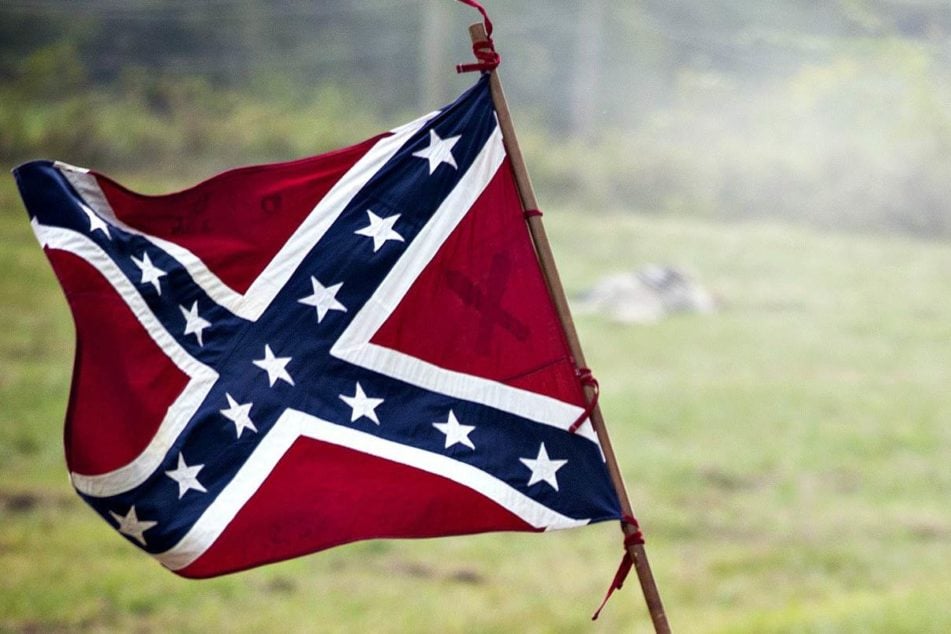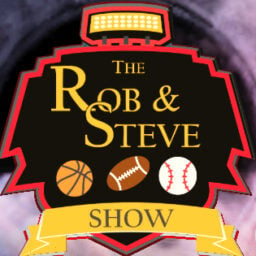Have you ever been gypped? Y’know…someone got the better of you, usually financially.
What about being sold down the river…as in someone betrayed you or someone you know and the phrase “well he really sold him down the river?”
And, if you’ve ever once watched a Bugs Bunny cartoon you’ve certainly wondered if someone was out of their cotton-pickin’ minds.
These are three examples of ignorant, racist phrases that are on a long list of words and phrases that the language police are demanding be scrubbed from our vernacular. Appropriate? You’ll have to decide on an individual basis for yourself based on each example, but understand this…the phrases have been deemed unacceptable whether you agree or like it.
https://www.bustle.com/articles/118386-5-racist-english-phrases-with-a-seriously-awful-history
My challenge with this is, as always, consistency. We have decided as a nation, that once peaceful or well-intentioned words and symbols, which have now been adopted and owned by evil groups, need no longer be used. Most notably, the Swastika; a peaceful symbol of Buddhists at its origination, adopted and bastardized by the Nazis, and now viewed simply as a symbol of hate. It is irrelevant what it was originally, what we judge it on is what it’s become.
Well, if that’s the premise, then I presume something that was originally meant as hateful and evil, but has now become innocent and innocuous should be allowable, shouldn’t it?
For example, “he sold me down the river,” as a way of expressing someone betrayed me, is the commonly accepted use and definition. But wait…it was originally a horribly hateful and offensive phrase related to the slave trade. Well, no one thinks of that now when they say it, just as no one thinks of the heritage and practicality of the Confederate Flag at the time it was conceived (http://www.historynet.com/embattled-banner-the-convoluted-history-of-the-confederate-flag.htm) ; all most people see (right or wrong) is a pro-slavery symbol, and so it’s widely not accepted. Using the same logic, a phrase that began as hateful and has become mundane, should be allowed…but we’re being told it isn’t. Where’s the consistency? And when do we run out of words?
“No Can do,” is offensive to Asian Americans because of its’ original meaning and intent 2 centuries ago, but the Swastika isn’t offensive despite its’ original meaning centuries ago. HUH?
https://www.bustle.com/articles/118386-5-racist-english-phrases-with-a-seriously-awful-history
Enter the USA Today and its trending list of “20 politically incorrect songs that’d be wildly controversial today.”
The idea of the article is simple; let’s look at things in the past we used to say (or sing) and cast our verdict as to whether or not it could be released as a new song today. OK, fine…it’s a harmless premise, and one that plenty of us engage in often. For example, the TV show “All in the Family,” (Google it), could never launch today in its same form as it did 5 decades ago.
In doing so, USA Today hit some obvious ones; “Brown Sugar,” by the Rolling Stones, which includes the following lyrics: “Gold coast slave ship bound for cotton fields / Sold in the market down in New Orleans / Scarred old slaver knows he’s doing alright / Hear him whip the women just around midnight.”
When it comes making a list of songs that wouldn’t fly today as new, that’s what we call, in golf, “A gimme.”
As USA Today points out, you don’t even have to go back decades to find songs for such a list. Katy Perry’s “Ur So Gay,” a song that does nothing but exploit every lame stereotype of male homosexuals and uses “gay,” as a slur is clearly a song that would spark backlash if recorded anew today.
There are others on the list that, because of America’s hyper-awareness and hyper-sensitivity (not always a good thing), wouldn’t be allowed in modern times, including songs that perpetuate racial stereotypes like “Kung Fu Fighting,” and “Island Girl.” And do I need to even explain why Nirvana’s “Rape Me,” made the list?
But then, of course, the USA Today has to go too far and make the point (accidentally) that the truth of the matter is that anyone can be offended by anything (and is, these days), and that’s okay, and we should all, basically, just shut up. Here were my two favorites as reported by USA Today:
Song: Do They Know It’s Christmas? by the Band Aid choir, 1984
Choice lyric: “And there won’t be snow in Africa this Christmas time / The greatest gift they’ll get this year is life / Where nothing ever grows, no rain or rivers flow / Do they know it’s Christmas time at all?”
Why it wouldn’t fly today: Possibly the most culturally insensitive Christmas song of all time, the Band Aid supergroup may have raised money to alleviate an Ethiopian famine with the proceeds from Do They Know It’s Christmas. But they did it with a song that declares the entire continent of Africa is bereft of water, trees or joy.
Oh, dear God. Did I miss the memo on Africa’s emergence from the depths of hell? It’s a large continent, filled overwhelmingly with rape, crime, famine, human trafficking and torturing, disease, and death, still, today, 34 years after the original recording. This is where USA Today brilliantly displays that truth is no longer allowed if the truth is, in fact, unpleasant. Just don’t speak of it and maybe it will all go away.
Song: Ebony and Ivory by Paul McCartney and Stevie Wonder, 1982
Choice lyric: “Ebony and ivory / Live together in perfect harmony / Side by side on my piano keyboard / Oh lord, why don’t we?”
Why it wouldn’t fly today: McCartney and Wonder meant well with their hyper-literal interpretation of race relations. But their message of “people are the same, there’s good and bad in everyone, so let’s just get along” would be interpreted as hilariously naïve by the more woke factions of today’s cultural discourse.
This one, really takes the cake. Perhaps to truly revel in the idiocy of this song being included on this list you have to have heard the entire thing and understand that the song, quite literally, is about races getting along together, and, as the lyric says, “living in harmony.” Akin to Dr. Martin Luther King Jr.’s dream of judging people by the content of their character and not the color of their skin, this song, sung by a white and black man, was the euphoric message of hope that there’s an end to petty racism in our future.
And the USA Today has shown us all why there is no hope. In case you don’t understand the column’s reasoning as to why the song is controversial, allow me to translate: It’s impossible and ignorant for a white person to, in any way, claim that they are the same as anyone of color. Period. White privilege means that whitey needs to just shut up and stop, for even a minute, trying to point out that Caucasians, as individuals, experience struggle, hate, hardship, and, yes, even bigotry. As racial groups there is no denying that it’s far easier to be white in America and always has been; that doesn’t mean that multiple races can’t sit down and commiserate about their very real individual struggles and overcoming them. Unless, of course, you live in America 2018 and then that’s exactly what it means, which proves we’re nowhere close to becoming close.










